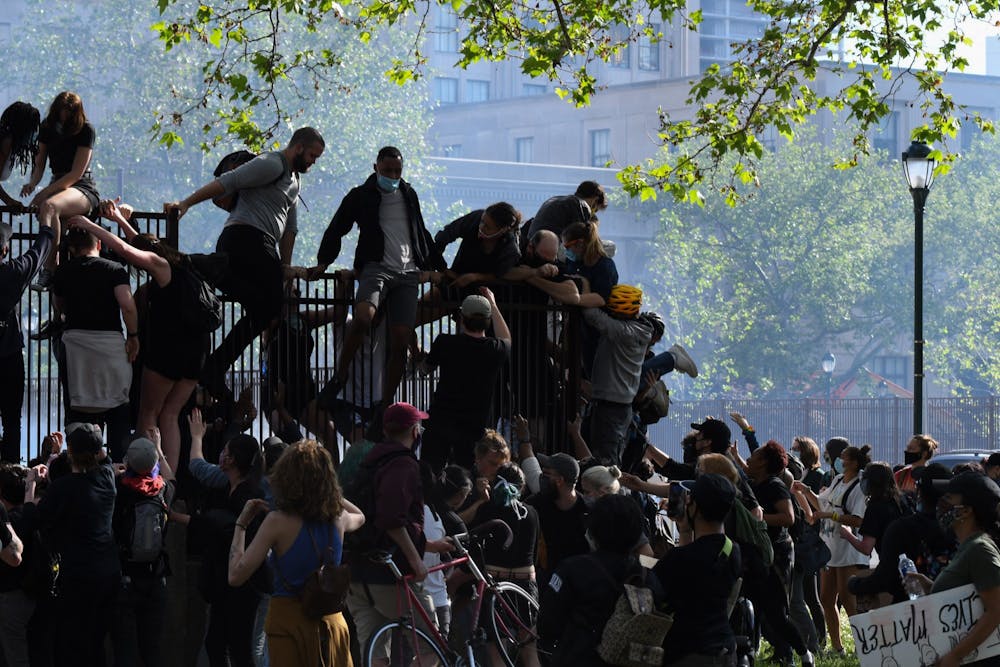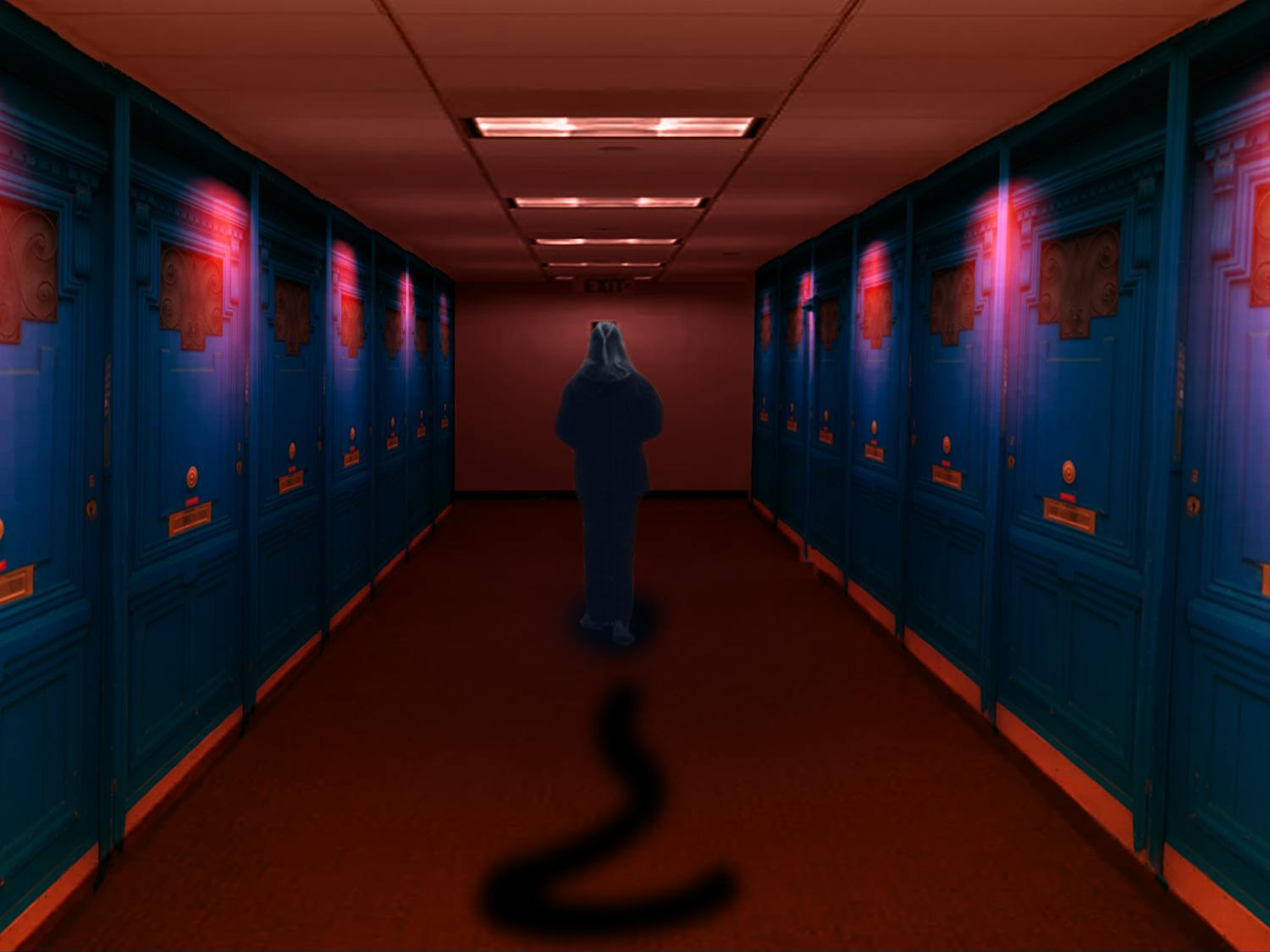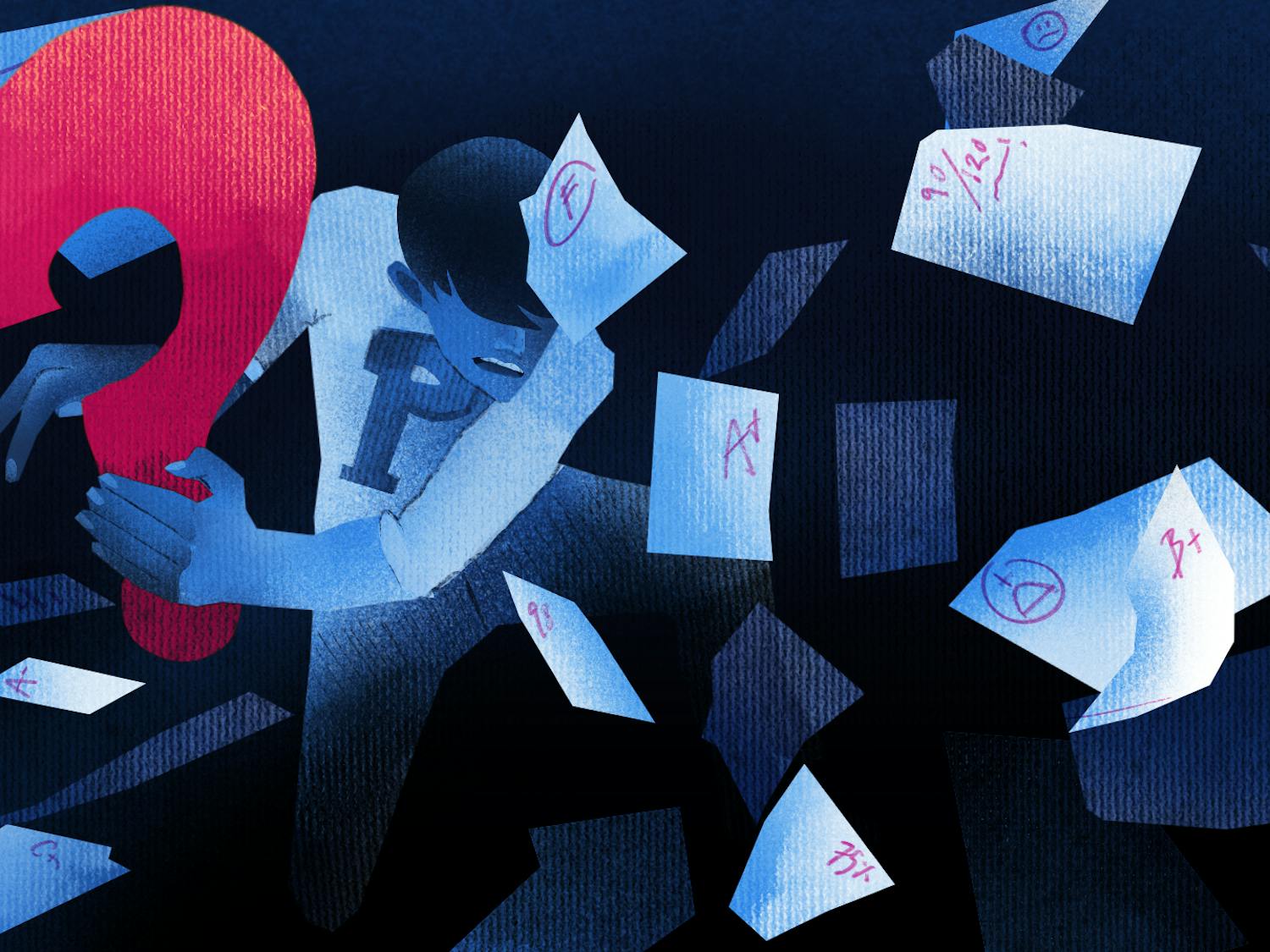Remember their names: Trayvon Martin. Eric Garner. Michael Brown. Tamir Rice. Walter Scott. Freddie Gray. Sandra Bland. Alton Sterling. Philando Castile. Ahmaud Arbery. Breonna Taylor. George Floyd.
The Black community is in pain. We are bleeding out. Slowly. We can’t breathe. Even so, we have persevered and channeled this pain and institutional bloodshed by relying on the tenants that America holds dear: freedom of speech and freedom of assembly. We’ve fought for over 400 years, but we are still not being heard by those in privileged positions who have the power to change the very fabric of this nation— white peers, political leaders, and more. We are at yet another reckoning point in this country, and the United States continues to fail us.
How many more protesters must be arrested until all four of the officers complicit in George Floyd’s murder are charged? How many more bullets must the Black community bear to have our voices simply be heard?
Watching the scenes of protest, I cannot help but think of how eerily similar these visuals are to those from the 1960s during the Civil Rights Movement. Like 60 years ago, peaceful protesters are being met with batons, fists, and gas. Like 60 years ago, the media and certain political leaders are focused on the chaos. Like 60 years ago, our voices are feeling ignored.
We have not, however, given up, and protests have overwhelmed the streets of this nation. As many have noted, the vast majority of protesters are peaceful. The violence has often been instigated by opportunistic agitators, many of whom are white and do not share these peaceful protesters’ values, capitalizing on the Black community’s pain to sow seeds of discord. Though I do not condone the chaos and destruction by those loyal to this movement, the Black community has pleaded and begged with the tools we have been given, to no avail.
As Martin Luther King Jr. eloquently said, “A riot is the language of the unheard.” It is thus ignorant to blame the protesters for destruction when the police officers they are demonstrating against are the ones abusing the law — and in many cases initiating confrontations against peaceful protesters — to restore “law and order.” If only people spoke out against the murder of Black Americans with the same fervor they do against property destruction. Yet again, the media, government, and police officers who are supposed to protect us are failing the very people who built this country.
How do we move forward? The calls for dismantling systems of oppression and de-militarizing, defunding, and rebuilding the law enforcement system are essential, but when the president of the United States calls us “thugs,” foments violence, and cares more about photo ops than justice and peaceful protest, what hope do we have? It has become nauseatingly clear that our legal institutions and political leaders are simply not doing enough. And while my social media feeds have been bombarded with tweets and Instagram stories in solidarity with the Black community, these efforts are not enough.
Donating, signing petitions, and appealing to political leaders are all incredibly important in this movement. However, being an anti-racist ally goes beyond posting a 24-hour Instagram story and giving a one-time donation. Throwing money at a problem and expecting the Black community to do all the work is not synonymous with fixing the problem, and is a perverse mentality to adopt.
Pressuring our institutions is necessary, but insufficient to effect change. Non-Black individuals must also take action in their own lives against racial bias, prejudice, discrimination, and racism. Here’s how:
1. Educate yourself. The burden should not be on the Black community to educate non-Black individuals about the systems of oppression that continue to fester in this country. Read, watch, and listen to anti-racism resources to understand how racism has infested our American institutions and minds.
2. If you see racial injustice, say and do something. Too many times have I had to defend my Black brothers and sisters against racist rhetoric and explain to my non-Black friends why singing the n-word in a song is wrong. To be an active ally, you must also call out these wrongs when you see them. It may feel uncomfortable, you may fear “social consequences,” but it is undoubtedly the right thing to do. Remember, prejudice and discrimination are learned, so the less we speak up, the more racial injustice we will see.
3. Do not only advocate when it is convenient or trendy. Go beyond performative activism. Continue the fight even after all the social media posts inevitably peter out. Continue to engage in constructive discourse, check in on your Black friends, and most importantly, do not forget their names.
None of this is to say that the action currently being taken is not significant, and I am proud to see so many non-Black members of the Penn community use their privilege for good. But it is only by demonstrating committed allyship that sustained change can come about, so that Floyd’s murder at the hands of the police is the last.
LEXIE SHAH is a rising senior in the College studying Political Science from Toronto, Canada. Her email address is lexshah@sas.upenn.edu.









